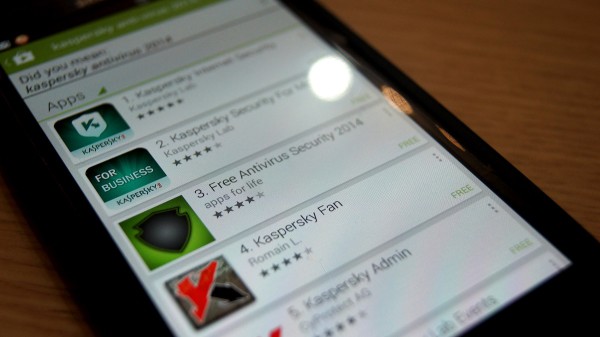Kaspersky Lab, one of the most popular antivirus services, might have been involved in making fake malware to discredit the competition.
Two ex-employees have informed Reuters how Kaspersky had created benign malware to fool competitors into marking them as infected.
False Positives:
The purpose of the scheme according to reports was aimed at companies who were, by Kaspersky’s knowledge, “stealing” their technology.
The company would basically include dangerous looking codes in common software. Then they (Anonymously of course) would submit the files to malware aggregators, like Google’s VirusTotal. After that, it was just watch and enjoy.
The competitors would eventual add the malware to their detection devices and they would mistakenly flag the original file because it too has the same code. Nifty huh!
This went on for a long time, more than the stated 10 years and eventually targeted Kaspersky’s rivals like Microsoft, AVG and Avast.
These companies didn’t say anything explicitly about Kaspersky in general but had informed Reuters about an unknown 3rd party trying to trick them in marking false positives.
This sabotage had peaked during the 2009 to 2013 period they informed Reuters, who also claims that they were a part of a small group who knew about this.
For their part, Kaspersky has denied this entire claim altogether stating:
“Our company has never conducted any secret campaign to trick competitors into generating false positives to damage their market standing. Such actions are unethical, dishonest and their legality is at least questionable.”
Now nothing is known for sure and Reuters didn’t say anything about whether this sabotage is true or still active, or if Kaspersky was behind it from the onset.



